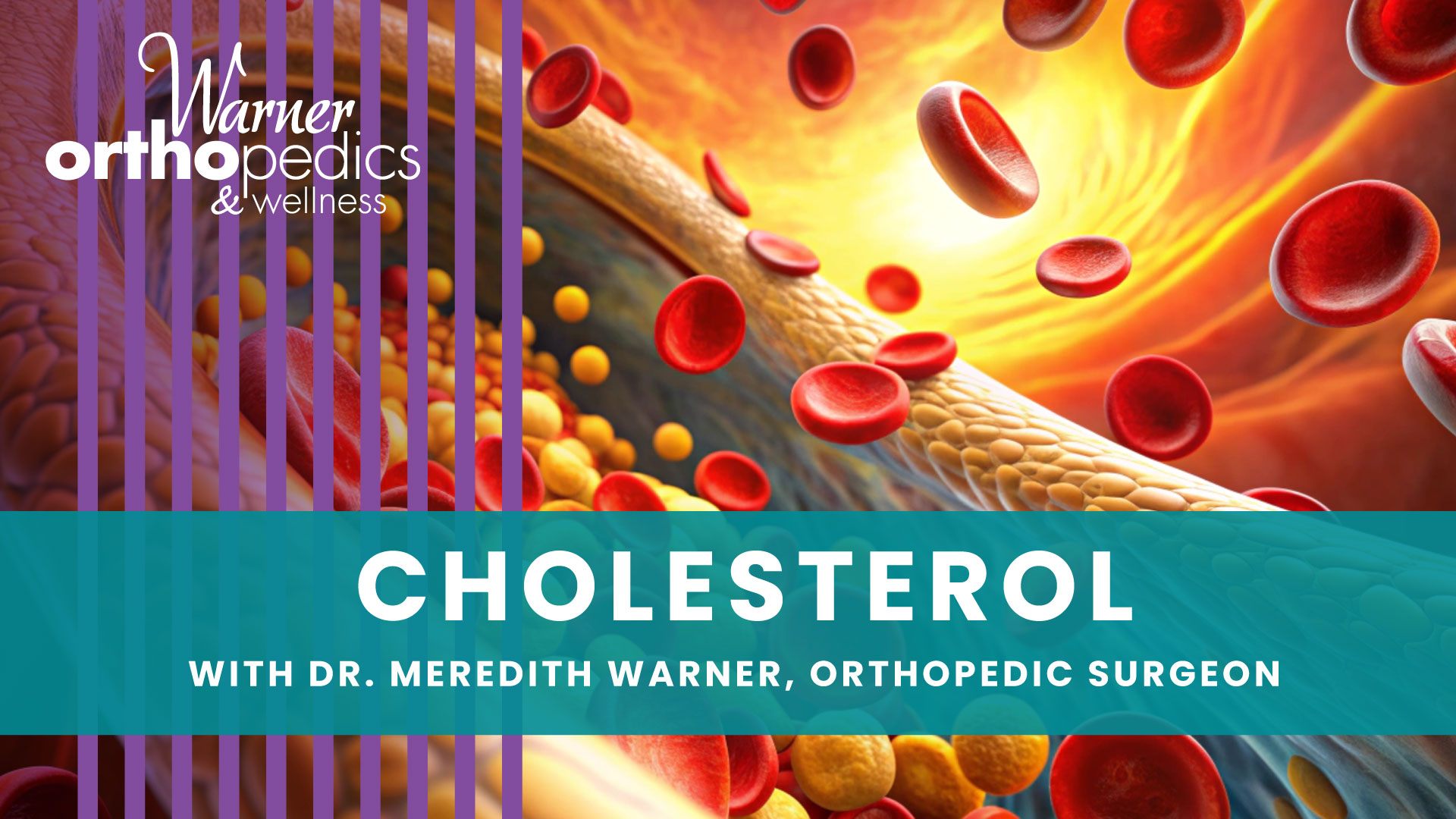What Is Glucose And What Does It Do?
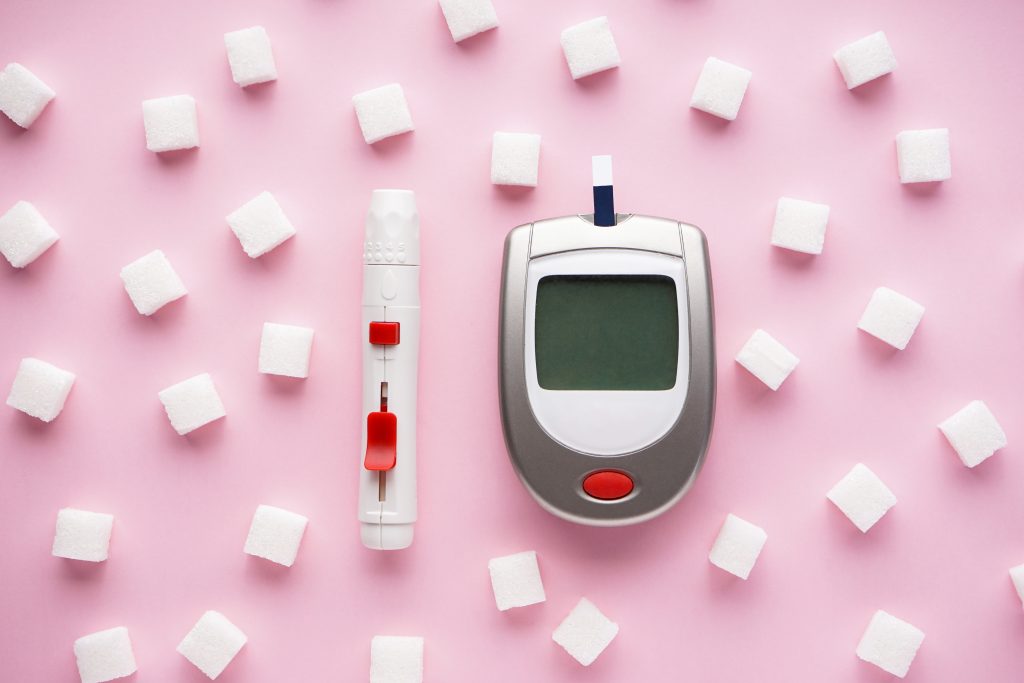
What is Glucose?
Glucose is a type of sugar in the blood, it is the main source of energy for the cells in the body. At a very basic level, when we eat food, it is broken down and transformed into glucose. You may have heard people talk about “blood sugar,” which is another term for glucose levels. The ideal glucose level is 80 to 130 mg/dL before a meal and less than 180 mg/dL 2 hours after a meal. Truly, a good fasting glucose would be under 100.
It’s easy never to notice your glucose levels if they are normal, but it can affect the body negatively when they drop too low or rise too high. That said, the body has a very elegant way to handle excessive glucose in the blood. The body will make insulin. This works until it doesn’t. Insulin will protect you until you become insulin resistant because of too much glucose and insulin too often.
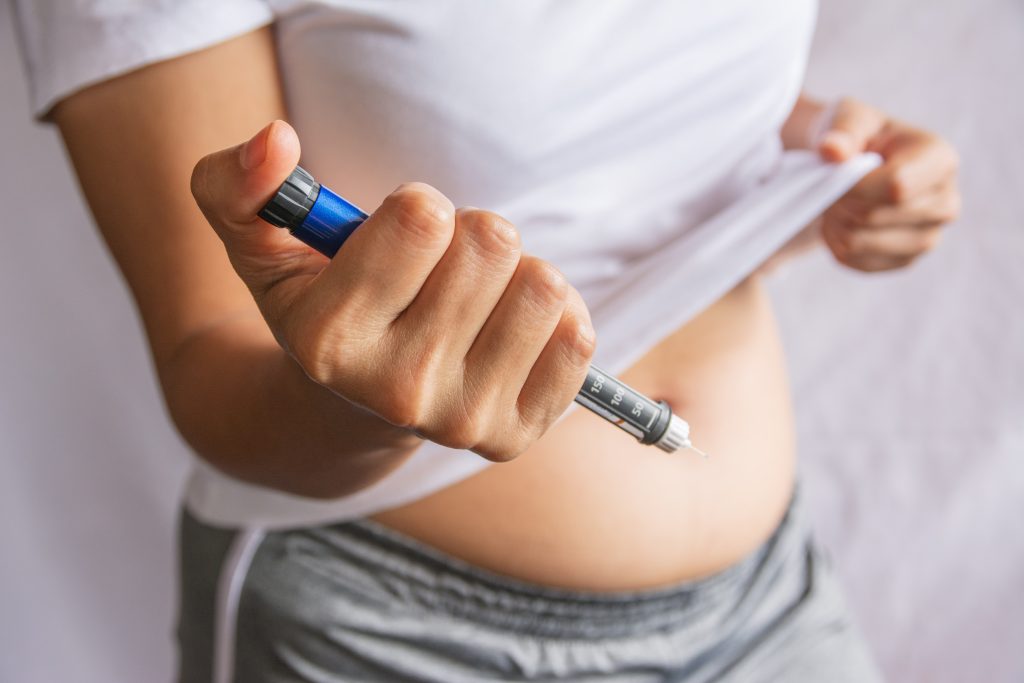
What does glucose do?
When you eat, glucose is processed by the body. The pancreas responds by releasing the hormone called insulin to control the rising glucose levels in the body. Extra glucose in the body is stored in muscles, fat, and other cells as a fat called glycogen. In particular, muscle will respond to insulin signals and pull glucose out of the bloodstream and store it in the form of glycogen.
When the mitochondria and the cells become overwhelmed and begin to fail, much of the excess glucose is turned into fat and deposited in the muscle and in the liver. Then more and more fat is added to the layer of adipose tissue externally. Issues with glucose occur when your body does not properly convert glucose due to insulin resistance and mitochondrial failure.
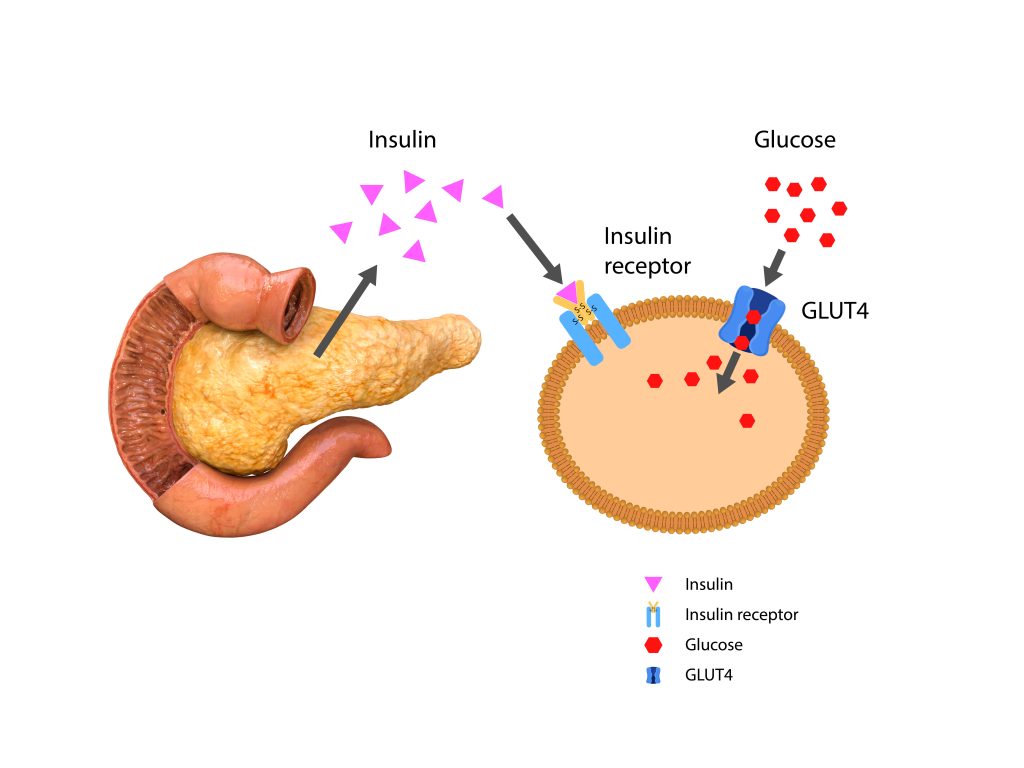
Diabetes and Glucose
Diabetes is when your body does not properly manage insulin when confronted with a lot of excessive energy intake. There is type 1 diabetes and type 2 diabetes, each affecting the body in different ways. In type 1 diabetes, the pancreas does not make insulin successfully. Type 2 is when the pancreas has made so much insulin for so long, due to excessive energy in the blood, that it fails. This is the end result of what is called ‘insulin resistance’.
Over time, with too much insulin being made, the receptors stop responding to the hormone and the body makes more and more insulin to make up for that. Type 2 is more often diagnosed in adults and is due to diet generally speaking. However, type 1 diabetes is most commonly diagnosed in children and the cause is not fully known. Both types of diabetes can lead to other health issues and should be closely monitored by your doctor.
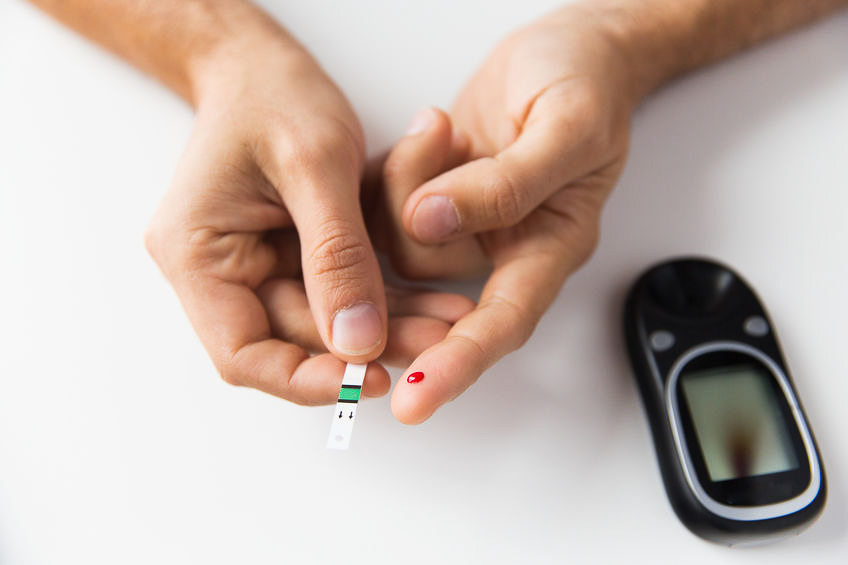
Glucose related issues
Other glucose-related issues that may occur are hypoglycemia, metabolic syndrome, and prediabetes.
Hypoglycemia occurs when glucose levels drop below 70 mg. Hypoglycemia is often related to diabetes, but not always.
Metabolic syndrome is a result of destruction of the mitochondrial function at a cellular level and failure of multiple systems. Metabolic syndrome can lead to cardiovascular disease, diabetes, stroke, and fatty buildup in artery walls. 90% of Americans have metabolic syndrome as we write this.
Prediabetes is when you have high glucose levels, and insulin resistance, and organs and tissues begin to fail, but do not yet technically have diabetes. Once diagnosed with prediabetes, without lifestyle changes, you most likely will evolve to type 2 diabetes. The basis of all of this is insulin resistance. The usual cause of insulin resistance is too much stimulation of the pancreas. The source of pancreatic stimulation is too much consumption of sugars, glucose, and food in general.

Maintaining Healthy Glucose Levels
If diagnosed with any glucose disorder, taking whatever medications you have been prescribed is an important part of managing your health. However, it is very advantageous to pair healthy lifestyle choices with medication. These are important steps for maintaining healthy glucose that may help avoid preventable diseases caused by high glucose levels.
Some of the things you can do to lead a healthy lifestyle are exercise, eat lots of fruits and vegetables, eat more fiber, choose foods with a low glycemic index, and get quality sleep. Avoiding heavily processed, factory-made foodstuffs is a good place to start.





